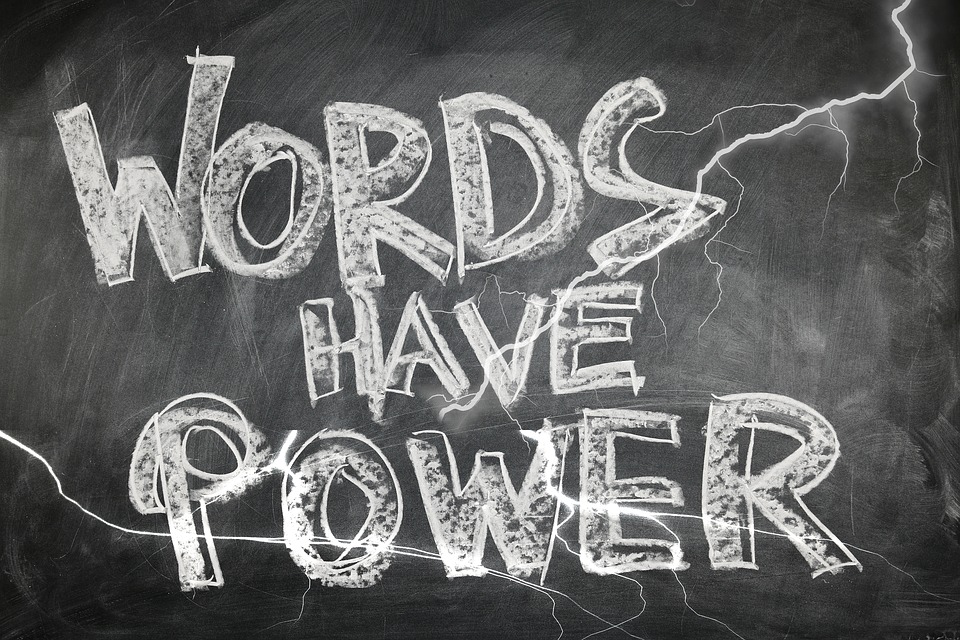
When my younger brother was a little boy, his favorite toys were his plastic soldiers. He seemed to have hundreds of them, and he would line them up on the floor and then would pick them up in sets of two to have them “engage” in hand-to-hand combat. This exercise was accompanied by a lot of noise as each time he made the soldiers make contact with each other, my brother would shout a series of words that while meaningless to the rest of us, seemed to heighten the excitement for my brother. When my stepfather would reprimand my brother for making so much noise, my brother would reply: “But, Daddy, the words make it more better.”
Although my younger brother had not yet mastered all the grammatical rules, he had learned an important lesson, to wit: Words have power.
I have previously written about how words can hurt, particularly when spoken in our sacred places. Members of our faith community have been grievously and, in too many cases, irreparably wounded by statements made by our Church leaders during General Conference questioning the destinations of those whose faith journeys have taken them or are leading them to places other than the LDS Church, worldwide devotionals aimed at young adults, etc. Sadly, we have experienced far too much pain when we have gathered hoping to hear words that inspire us and comfort us and instead hear words that disparage and wound us.
However, we have also experienced what my younger brother felt as he played with his toy soldiers. We have experienced the power of words to make things “more better,” to inspire, to galvanize, and to start a movement. Sometimes, as is the case with Donald Trump’s “such a nasty woman” statement at the last debate, words that were intended to hurt fail at that purpose and become an instant rallying cry.
People in the progressive Mormon community, of which Ordain Women is a part, have always known that words have power – power to hurt, but also power to inspire. Unfortunately, our community has not always been guided by that knowledge and there been too many instances where we have, individually and collectively, used words that wounded, whether intentionally or unintentionally, other members of our community.
We cannot continue to do so. We cannot deny the impact of our words by saying that people are too sensitive or by complaining that communication is being stifled because we have to think about what we are saying or writing. Instead, I challenge us to remember and think about my story about my younger brother and to use our words to make it “more better.”






